Jakarta, MINA – The National Amil Zakat Agency (BAZNAS) distributes zakat fitrah rice to remote areas, such as to Central Kalimantan and North Maluku.
“Alhamdulillah, the zakat fitrah rice distributed by BAZNAS has reached our brothers and sisters in the interior of the Pahandut District, Palangka Raya, Central Kalimantan,” said the Head of BAZNAS RI for Distribution and Utilization, Saidah Sakwan MA on Saturday.
A total of 1,500 bags of rice were distributed to the poor in several inland and coastal areas of the Kahayang River.
Saidah said it was not easy to distribute zakat fitrah there, because the area was remote and inland so it was difficult to access it by land.
Also Read: A400M Aircraft Capable of Sending Humanitarian Missions to Gaza: Prabowo
“By using a boat, the BAZNAS Team traveled along the river to distribute zakat fitrah for the poor. Thank God the goodness has reached people in need,” said Saidah.
Saidah added that the distribution of BAZNAS zakat fitrah had also reached vulnerable communities in North Maluku, last Thursday. Similar to Pahandut Subdistrict, Central Kalimantan, distribution of zakat fitrah rice in Ternate, Central Kalimantan, must also use water transportation because it cannot be passed by land.
“As many as 4,800 packages of Zakat Fitrah are distributed to people with vulnerable economies. One of them is in the outermost sub-district of Ternate City, namely Hiri Island District, which must be accessed by speed boat from Ternate City,” Saidah said.
In distributing zakat fitrah rice, BAZNAS empowers local farmers to provide premium quality rice. Through technical assistance and infrastructure support, local farmers can feel a significant financial increase.
The quality of the rice distributed is “Premium” rice with brief specifications, clean of foreign matter, free of grain, maximum moisture content of 14 percent broken rice and maximum 10 percent broken rice.
“Alhamdulillah, BAZNAS continues to roll out the zakat fitrah distribution program to 34 provinces in Indonesia. Hopefully the mandate of zakat fitrah that has been distributed can provide wide benefits for remote communities who deserve it,” concluded Saidah. (T/RE1)
Mi’raj News Agency (MINA)
Also Read: Indonesian Team Secures Second Place at 2025 Asian Arabic Debating Championship in Oman






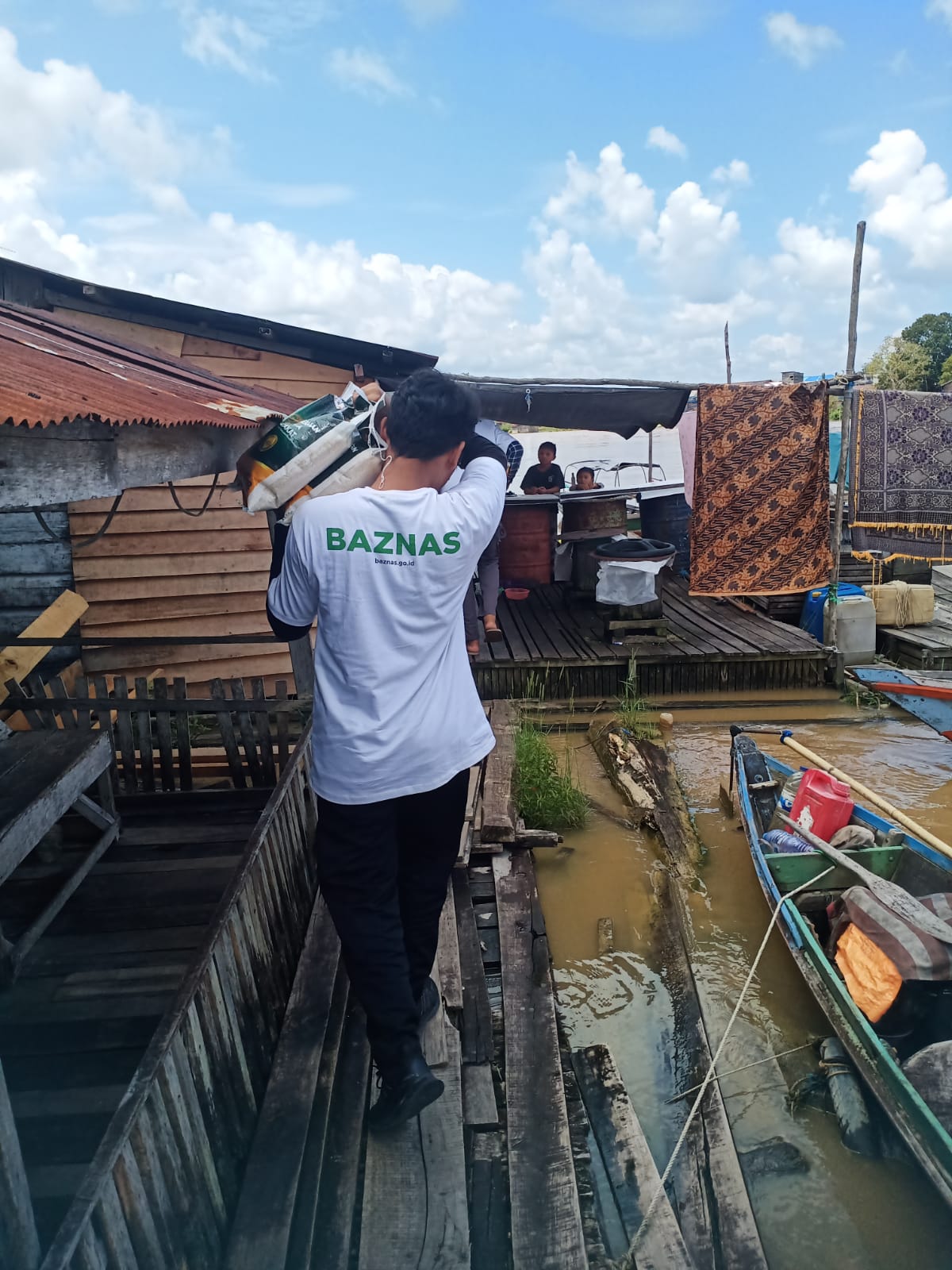



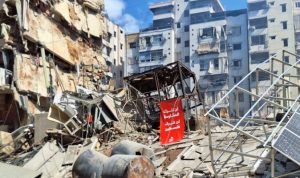




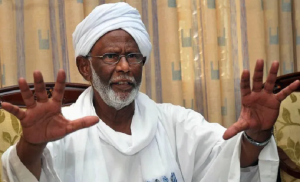
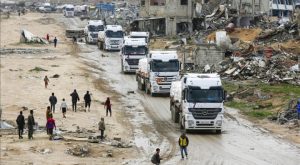
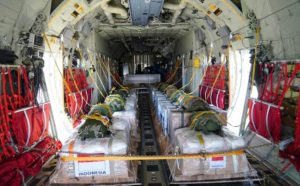

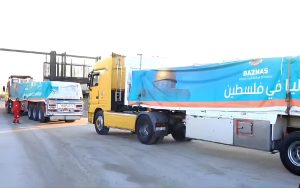
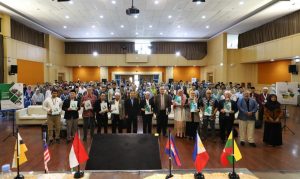
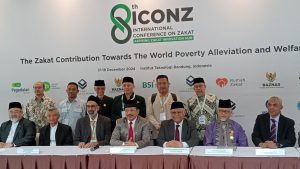




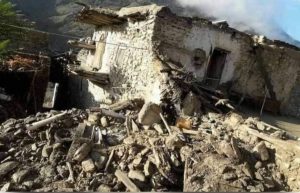
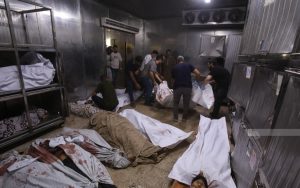





 Mina Indonesia
Mina Indonesia Mina Arabic
Mina Arabic